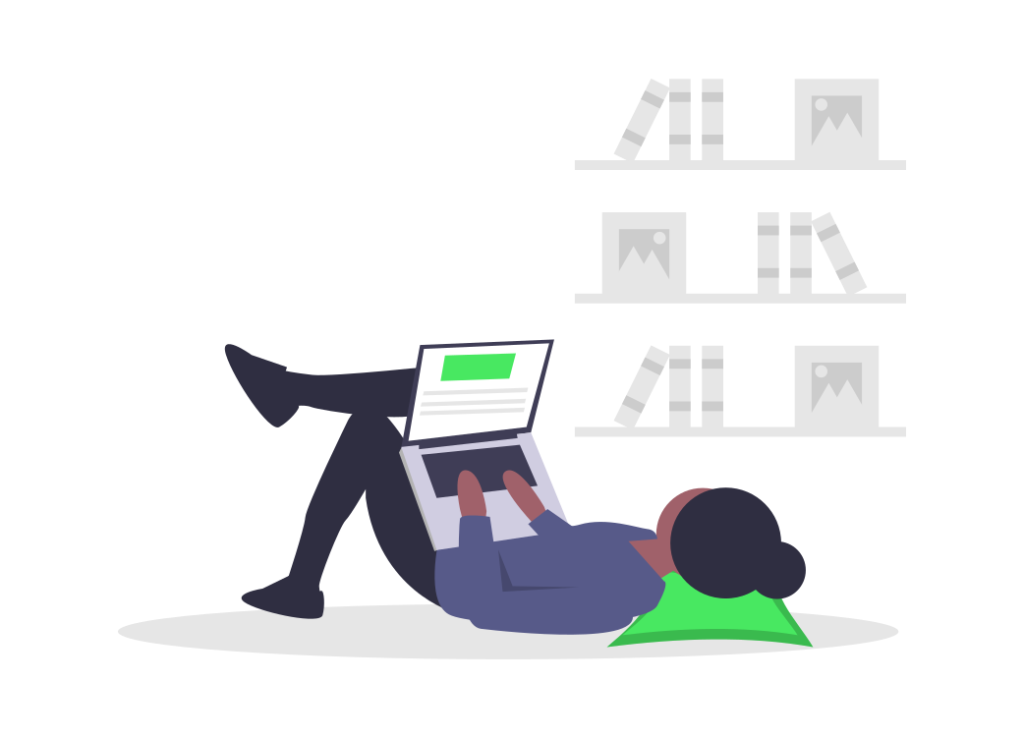Since the World Health Organization declared the COVID-19 outbreak a global pandemic, many of us, even those who have not been infected by the virus, have had to quarantine in our homes.
The stress of working from home, cancelled travel plans, indefinite isolation, and information overload could be a recipe for unchecked anxiety and deteriorating mental health.
Here are a few pointers that could help you prevent spiralling negative thoughts during the pandemic.

1. Maintain a positive mindset
As dismal as the world may feel right now, think of the mandated work-from-home policy as an opportunity to refocus your attention from the external to the internal. Limit your scope to focusing on yourself rather than elements out of your control. Doing one productive thing per day can lead to a more positive attitude.
Set your sights on long-avoided tasks, reorganize, or create something you’ve always wanted to. Developing new hobbies are vital to giving you a sense of purpose, and approaching this time with a mindset of feeling trapped or stuck will only cause more stress.
Take this time to slow down and focus on yourself.
2. Stay close to your normal routine
Try and maintain some semblance of structure from the pre-quarantine days. For those individuals with children, sticking to a routine might be easier; however as you work from home, it could be tempting to fall into a more lethargic lifestyle, which could lead to negative thinking.
Wake up and go to bed around the same time, eat meals, shower, adapt your exercise regimen, and get out of bed at a reasonable time each day. Enabling yourself to keep to your normal routine keeps you active and less likely to focus on negative emotions, and it will be easier to readjust to the outside world when it’s time to get back to work.
3. Avoid obsessing over endless Coronavirus coverage
Freeing up your day from work or social obligations gives you plenty of time to obsess, and if you have a tendency to consult Google for every itch and sneeze, you may be over-researching the pandemic as well.
If this sounds familiar, be sure to choose only certain credible websites (who.int or cdc.gov is a good start) for a limited amount of time each day to avoid the dreaded “doom scrolling” habit.
4. A chaotic home can lead to a chaotic mind
With all the uncertainty happening outside your home, keep the inside organized, predictable and clean. Setting up mental zones for daily activities can be helpful to organize your day. For example, try not to eat in bed or work on the sofa – just as before, eat at the kitchen table and work at your desk.
Becoming less regimented in setting boundaries for yourself muddles your routine and can make the day feel long. Additionally, a cluttered home can cause you to become uneasy and claustrophobic in your environment- so keep it tidy for a more positive mental state.
5. Use telehealth as an option to talk to a professional if your anxiety becomes unmanageable
Many licensed psychologists are offering telehealth options over HIPAA-compliant video chat platforms. If you become too caught up in your head and things become to feel unmanageable, remember to reach out for help if your anxiety is reaching proportions beyond your control.
Letting go of illusions of control and finding peace in the fact that you are doing your part to “flatten the curve” will certainly build mental strength to combat the stressful situation the whole globe is experiencing.
In conclusion
By following these five tips, you should begin to find that your mental health improves regarding the stress of these strange but temporary times. By investing your time in developing and learning new hobbies, staying close to your original routine, avoiding obsessing over bad news, keeping your living area clean and tidy, and always knowing that you can reach out to a professional should your mental wellbeing deteriorate to an unmanageable level, you’ll find life is more amenable in response.
If you would like to learn more about how Ceed can help you improve your mental wellbeing, feel free to contact us today!
No Comments yet!